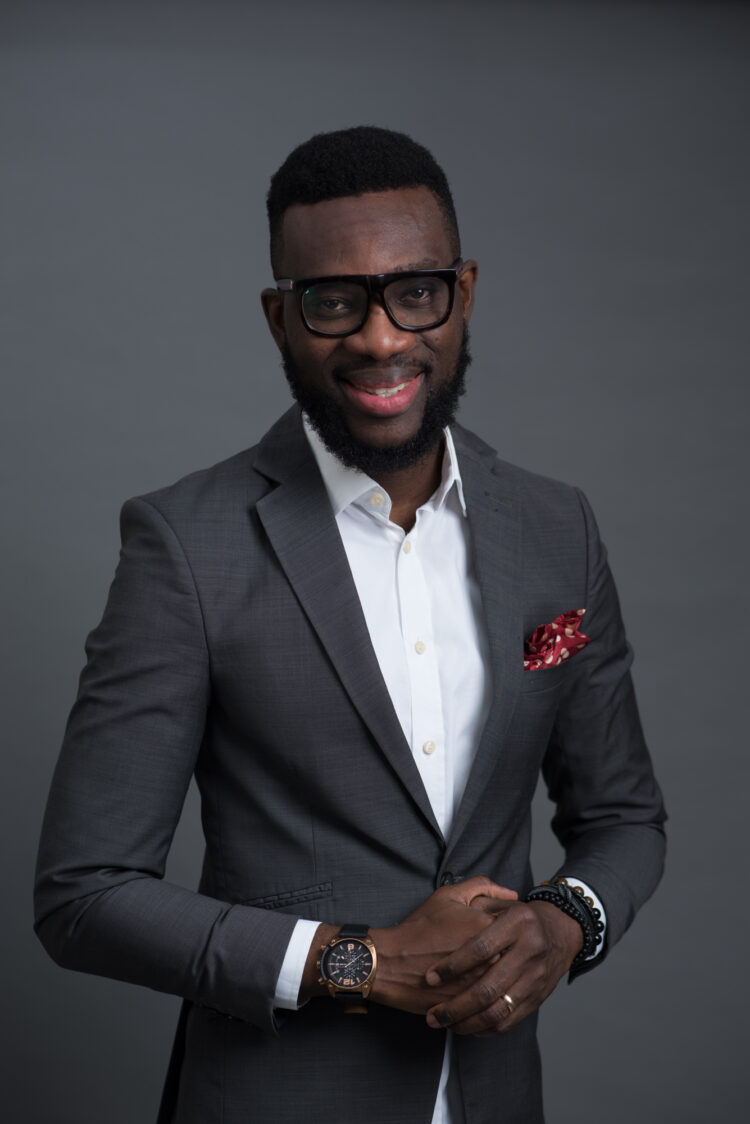New search trends released by Google show that search interest in AI has reached an all time high in Nigeria.
The trends show that people have searched for AI more than ever in 2023 so far, with interest rising 310% since last year, and by 1,660% in the last five years.
Google’s research also revealed the top trending questions being asked about AI across Nigeria.
Here, Google West Africa Director, Olumide Balogun answers some of the most frequently asked questions.
- What is Artificial Intelligence and how does it work?
AI is a type of technology that can learn from its environment, experiences and people, and that can understand patterns and make projections better than any previous technology before it.
AI models are trained and created by human engineers, who input data into the AI system to train it. For example, in 2012, we showed an AI model thousands of videos of cats on YouTube, so that it could learn to recognize a cat. Now, with advancements in technology, we could give an AI model hundreds of books on animals to read – and, using those, it would be able to describe a cat to us on its own despite having never been shown one.
Once AI systems are trained, they’re tested to see if they work well. You can do this by asking the AI model to describe or recognise a cat, for example, or even to generate a picture of one for you. Training AI models can take a long time – but once they work, they can be deployed into production so that you can use them at home.
- When did AI start?
AI can be traced back to the early 1950s, when Alan Turing – a British mathematician – published a paper on “computing machinery and intelligence”. That kick-started the principles behind AI – but the first time anyone used the term was likely in 1956, when John McCarthy hosted a conference at Dartmouth College called the Dartmouth Summer Research Project in Artificial Intelligence.
So AI is not new – in fact, AI research has been accelerating since the 1990s. Google itself became an AI-first company back in 2015. But the pace of AI development is accelerating – with more households able to access generative AI tools like text-to-image generators or chatbots – which has made AI a household phrase for maybe the first time ever.
- Where is AI used?
AI has always been integral to many daily tools, from Google Translate to antilock braking in cars. Its transformative power, however, is being harnessed more profoundly now. In the heart of this evolution is the Google AI centre in Accra, laser-focused on Africa’s unique challenges and aspirations. While innovations like Google DeepMind’s AlphaFold impact global biotech, in Africa, we’re taking strides that resonate with local needs. We’re collaborating to map remote buildings for better planning, using AI to predict challenges like locust outbreaks, and enhancing maternal health via AI-powered ultrasound.
AI’s potential in sustainability is vast. In Africa, it’s about thriving industries that respect our rich biodiversity. While the global health community benefits from protein sequence mapping, for Africa, it’s a hope against diseases like malaria.
- What can AI do and how can I use it?
Think of AI as a tool that’s really good at understanding patterns and making projections – better than any computer has been before – and that’s been taught to learn from its environment, experiences and people. When you put that ability to good use, you can use AI to do all sorts of amazing things: like helping doctors to screen for and identify cancer, predicting and monitoring natural disasters, or helping businesses to identify and reduce their carbon emissions.
You’re probably using AI all the time already, without realising. But you can now also use AI to help boost your productivity with experimental language tools like Bard; to translate even more languages on Google Translate; or to find the most fuel efficient route on Google Maps.
- Is AI dangerous?
AI is like any other technology in that it can be used for good or bad, depending on the user. On the one hand, it has incredible potential to be used in ways that are beneficial for society – whether it’s protecting people from spam and fraud, translating hundreds more languages, or forecasting floods up to seven days in advance. But it can also be used to amplify current societal issues – like misinformation and discrimination.
It’s really important that we get these tools right, working together to ensure we’re creating and using them responsibly. That means governments introducing regulation to help us seize the benefits of AI while mitigating the risks, as well as companies developing shared sets of standards and principles. At Google, we’re also led by our own AI Principles – which you can read online – to make sure we’re developing AI that is beneficial for society.
- Will AI take my job?
As technology has developed, so too has the job market. At the beginning of the last century, people mostly worked in agriculture. Now we have hedge fund managers, cabin crews aboard widely-accessible commercial flights – and, as recently as 1995, web designers. So we’ve had these questions for a long time and, as a society, we’ve navigated them well.
That’s not to underestimate the potential of AI – which is essentially the ‘third wave’ of digital technology after the internet and mobile phones. It will be brilliant for people’s productivity and for economic opportunity – but it will also cause some levels of disruption. We’ll see a whole set of jobs that can grow – but the most profound change will be how many of our jobs will be assisted by technologies. AI will become a partner to many of us, helping us not just to make the repetitive tasks of our work more efficient, but sparking creativity and enabling us to spend more time on the bits of our jobs that we love and that challenge us. We’re already working with people to help them learn how AI can help them. Our Grow with Google programs have trained 7 million people and helped to close the digital skills gap in Africa. Governments, NGOs and the private sector can work together to bring similar schemes about – ensuring that everyone can benefit from AI.






















